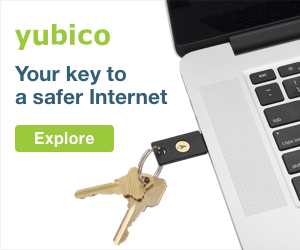Many of us either use weak passwords or reuse passwords on multiple accounts. Storing your passwords in your browser, a document, or in writing opens you up to a number of threats, and also increases your risk of losing that important data should something happen to your device or physical copies. This makes us more susceptible to crimes such as identity theft. A password manager will generate, retrieve, and keep track of
Yes, passwords are at the core of what a password manager protects
It gets better though. How many times have you filled out your shipping address when you’ve bought something online? Too many. With a password manager you can store your most
Using a password manager saves from all those lost minutes that you spend filling out forms and credit card numbers by filling them in for you. Password managers will also quickly generate new passwords for you when you’re signing up for your account. That means you can toss your own personal password system to the wind
 And to get all that security, you’ll only need to remember a single password, the one you use to unlock your so-called vault. Your login data will be locked down and, at the same time, remain right at your fingertips – with encryption so strong that it might take a hacker between decades and forever
And to get all that security, you’ll only need to remember a single password, the one you use to unlock your so-called vault. Your login data will be locked down and, at the same time, remain right at your fingertips – with encryption so strong that it might take a hacker between decades and forever
When moving to a password manager, one of the first concerns that comes up is security. You might be wondering, “Should I be putting all my eggs in one basket?” And, “Now I just have one master password, so if that’s stolen, they’ll
Well, yes, you are putting all your passwords in one basket. But it’s a very, very safe basket. Password managers have layers upon layers upon layers of protection in place to protect your passwords and
Part of that is because, when you store things in your vault, it’s encrypted with a key. Think of it like a box with a big old padlock. You put everything you want to keep safe in that box. When you’re ready to store it, you lock up that box. You still have the key in your hand
If someone were to smash through all the layers (which would take lifetimes, by the way) and open your box, the pieces would all be mashed up and totally unreadable. Only with your original key
But what if they steal the master password? Well, the first recommendation is to never use your master password for anything else. That just makes it easier to steal. But you can also take advantage of other things like
Now that you’re more #CyberAware, it’s time to turn this knowledge about passwords and security into action. Today is the day. Sign up for a password manager and get all your logins and important information into your
View the Best Password Managers of 2021 from Digital.com.

